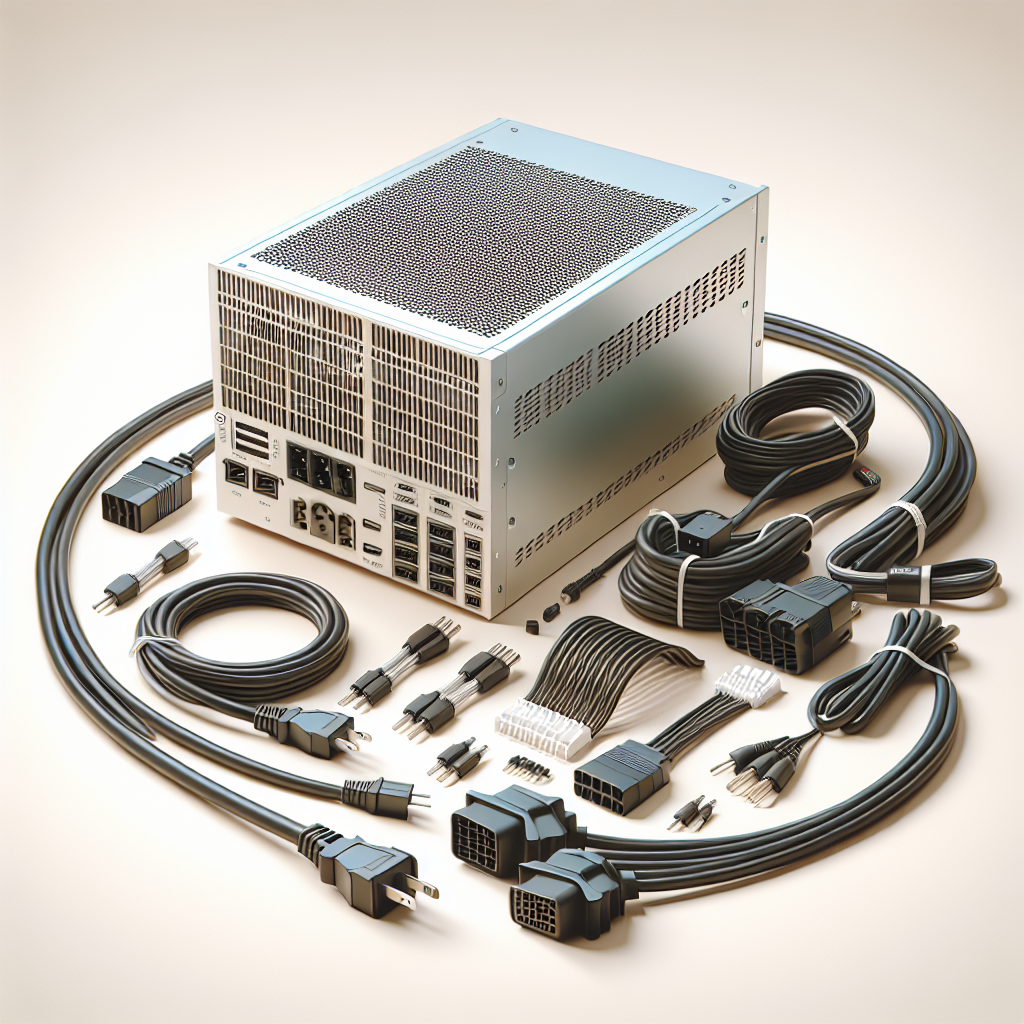Understanding Power Supply Units (PSUs)
Power Supply Units (PSUs) are critical components in any computer system, providing the essential power needed to operate the entire system. A good PSU ensures that all your computer parts receive stable and sufficient power. However, when it comes to purchasing and installing a PSU, one common question arises: Do all power supplies come with the necessary cables for installation?
What to Expect with Power Supply Cables
Most modern PSUs include a set of cables that are essential for connecting various components of your computer. However, there can be notable differences between manufacturers and models regarding the types and number of cables provided. Here’s a brief overview of what you can generally expect:
| Type of Cable | Status | Description |
|---|---|---|
| 24-Pin ATX Cable | Usually Included | Main power cable for the motherboard. |
| 4/8-Pin CPU Cable | Usually Included | Power for the CPU, typically located near the processor socket. |
| PCIe Cables | Usually Included | Power cables for the graphics card, needed for high-performance GPUs. |
| SATA Power Cables | Usually Included | Cables for SATA devices such as SSDs and HDDs. |
| Molex Cables | May or May Not Be Included | Older standard, used for some peripherals and devices. |
| Custom Cables | Not Included | Specialized cables for unique motherboard features. |
Factors Affecting Cable Inclusion
While many PSUs do come with essential cables, several factors can affect whether or not you’ll receive everything you need:
- Brand and Model: Different manufacturers have different practices. Some budget PSUs may skimp on cable quantity or quality.
- Modular vs. Non-Modular: Modular PSUs allow you to attach only the cables you need, while non-modular ones come with all cables hardwired. The inclusion of cables can vary in both types.
- Previous Generation: Older models may not come with the latest cables required for new hardware.
Modular vs. Non-Modular Power Supplies
Understanding the difference between modular and non-modular power supplies can help clarify what you might find included in your PSU purchase.
Modular Power Supplies
Modular PSUs allow users to detach cables that are not needed, helping with cable management and air circulation within the computer case.
Types of Modular PSUs:
- Fully Modular: All cables are detachable.
- Semi-Modular: Some cables are fixed while others are detachable.
- Non-Modular: All cables are permanently attached to the PSU.
Here’s a summarization of their benefits:
| Type | Advantages | Disadvantages |
|---|---|---|
| Fully Modular | Best cable management, customizable setup. | Generally more expensive. |
| Semi-Modular | Balance of cost and cable management. | Less flexibility compared to fully modular. |
| Non-Modular | Usually cheaper, guaranteed all basic cables included. | Poor cable management, can lead to clutter. |
Aftermarket Cables
In instances where your PSU does not include the cables you need, aftermarket cables can be a solution.
Reasons to Consider Aftermarket Cables:
- Specific Needs: You may have specific hardware requirements that your existing PSU cables don’t meet.
- Upgrades: Expanding your system may require additional or different cables.
- Aesthetics: Some users prefer custom-designed cables for improved looks.
Common Misconceptions
Many people hold misconceptions about the necessity of the various cables that power supplies provide, which can lead to confusion during installation. Here are a few:
Misconception #1: All PSUs Include All Necessary Cables
As highlighted, not all power supplies come equipped with every cable needed, particularly with older or budget-friendly models.
Misconception #2: Lower Prices Mean Fewer Cables
While some budget models may have fewer cables, this isn’t universally true—price does not always correlate with cable inclusion.
Misconception #3: Cables Are Interchangeable Across Brands
This is not the case. Each manufacturer often has proprietary designs, and mixing cables from different brands can damage the components.
Conclusion
In summary, while many power supplies do come with a sufficient number of cables for installation, it is essential to check the specifics before making a purchase. Understanding the type of power supply, as well as the needs for your particular system, can significantly influence your buying decision. Always take the time to consider both your current hardware and future upgrades to ensure you choose the right PSU with the appropriate cables.
